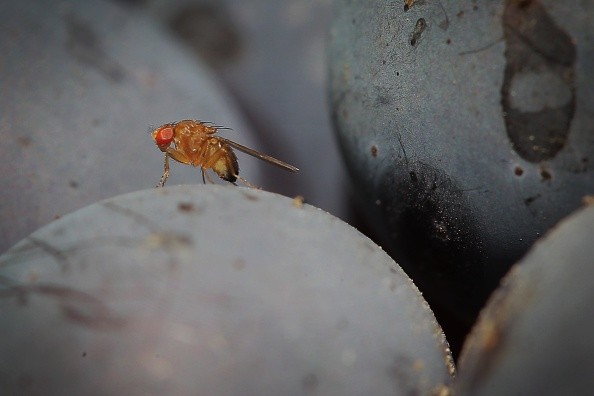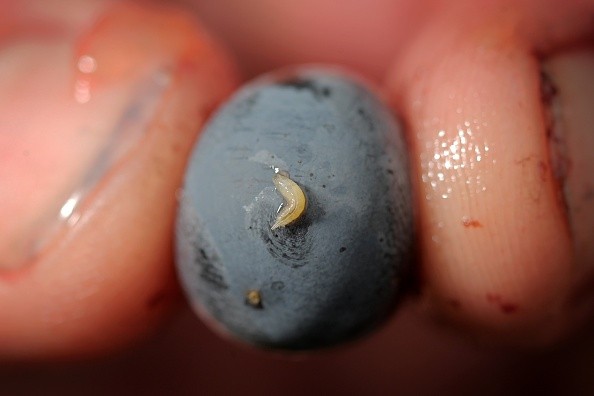Berry and cherry growers in Washington state have to deal with serious losses due to the devastating effects of drosophila flies on their crops.

Parasitoid Wasp: Solution to the Spread of Berry-Eating Flies
Researchers discovered that a parasitoid wasp may be very effective in curbing the flies' spread.
Elizabeth Beers, a professor at WSU's Entomology Department, said: "This is really a positive step for the cherry and berry industries. Hopefully this speeds up the timeline to get biological control of the spotted-wing drosophila."
Ganaspis brasiliensis was discovered by Beers and her crew in a wild blackberry patch less than a mile from the Canadian border in Lynden, Washington, in September this year.
Chris Looney of the Washington State Department of Agriculture discovered Leptopilina japonica, a parasitoid of the drosophila pest in British Columbia in 2019 and Washington state in 2020. New parasitoid endemic to South Korea, however, offers a key advantage which is specificity.
Beers, who works at Washington State University's Tree Fruit Research and Extension Center in Wenatchee, explains that the Ganaspis is a "host-specific" parasite that prefers to prey on spotted-wing drosophila larvae.
Ganaspis Parasitoids Approved by Health Inspection Service
Fruit is damaged by the destructive drosophila fly because its larvae dig into the fruit and destroy it from inside out, as per Phys.org.
When the parasitoid gets involved, things become a little weird.
According to Beers, a researcher at Cornell University, adult parasitoids may be seen hovering around drosophila-infested fruits. Afterwards, the drosophila larvae are incubated with eggs laid by the female Ganaspis. The parasitoid grows within the drosophila larva and eats it to death.
"It's a bit like the movie Alien," Beers said. "It's unpleasant to think about in sci-fi movie terms, but really effective for killing spotted-wing drosophila."
According to the USDA's Animal and Plant Health Inspection Service, the Ganaspis parasitoids may be raised and disseminated within the United States.

How Safe is This Approach?
To accomplish this, an entomologist traveled to the Ganaspis' natural habitat and collected a number of specimens. After an extensive quarantine study, it was determined to be safe to use in the United States to combat drosophila.
Since then, the Ganaspis have migrated to North America and is spreading with no help. To facilitate the spread of an invasive species, the USDA does not limit its distribution after it has been discovered to be present in a particular state.
According to Beers, It's like the best of both worlds. The study shows that Ganaspis is extremely host-specific and safe to disseminate around. This is wonderful news. However, there are additional advantages to the fact that it may be found in nature.
In the past five years, Beers and her team have discovered three new kinds of exotic species. The Samurai wasp and a parasitoid of the apple mealybug were discovered.
"I never anticipated this, it's not the main focus of our lab," Beers said. "We've just kind of stumbled across them as part of our research on various pests."
Related Article : Invasive Flies Prefer Virgin Territory When Laying Eggs
For more news, updates about berry-eating flies and similar topics don't forget to follow Nature World News!
© 2026 NatureWorldNews.com All rights reserved. Do not reproduce without permission.





